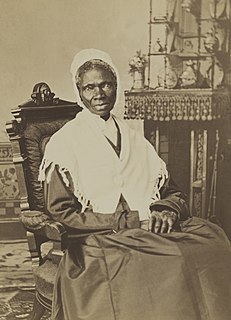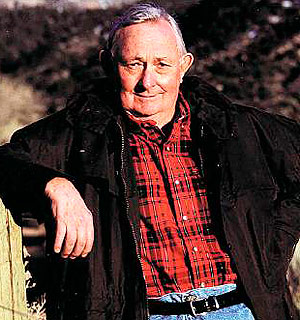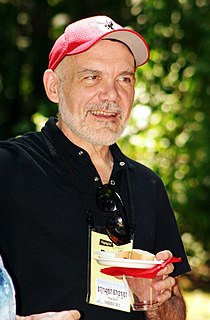A Quote by Yukio Mishima
All my life I have been acutely aware of a contradiction in the very nature of my existence. For forty-five years I struggled to resolve this dilemma by writing plays and novels. The more I wrote, the more I realized mere words were not enough. So I found another form of expression.
Related Quotes
I've been writing for a long time, since the late '60s. But it hasn't been in the same form. I used to write scripts for television. I wrote for my comedy act. Then I wrote screenplays, and then I started writing New Yorker essays, and then I started writing plays. I didn't start writing prose, really, until the New Yorker essays, but they were comic. I didn't start writing prose, really, until the '90s. In my head, there was a link between everything. One thing led to another.
I've always been an environmentalist, but my life changed the day I had children. I realized that I wasn't doing enough to protect the planet. People need nature, and of course I want my children to have the best possible opportunity in life. I also realized how important it was for me to raise them to be conscientious people that are aware of their impact on the earth.
Writing well isn't just a question of winsome expression, but of having found something big and true to say and having found the right words to say it in, of having seen something large and having found the right words to say it small, small enough to enter an individual mind so that the strong ideas of what the words are saying sound like sweet reason.
For - to say a few words on technique - whereas the curved line was used predominantly for reasons of beauty, (Phidias, Michelangelo, Raphael, Rubens) it has been used more and more economically for reasons of truth (Millet, Monet, Paul Cézanne) until it will end as the straight line for reasons of Love. This will enable the art of the future to create an international form; a form understandable to all and vital enough to the expression of a general feeling of love in a monumental way. Such is the future.
My writing became more and more minimalist. In the end, I couldn't write at all. For seven or eight years, I hardly wrote. But then I had a revelation. What if I did the opposite? What if, when a sentence or a scene was bad, I expanded it, and poured in more and more? After I started to do that, I became free in my writing.



































